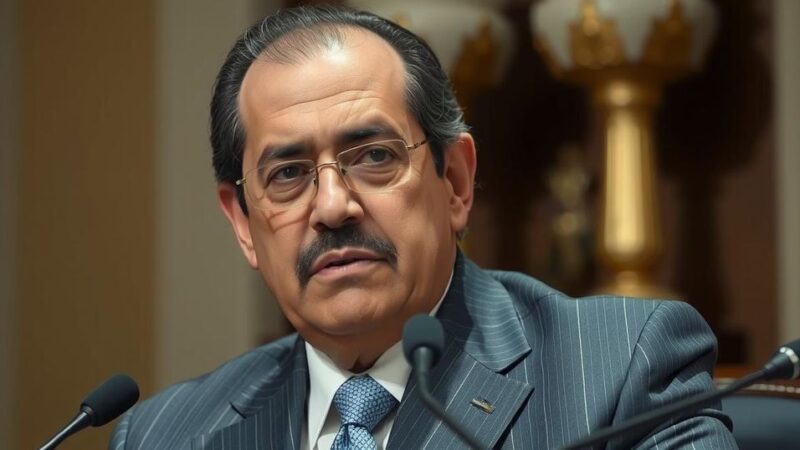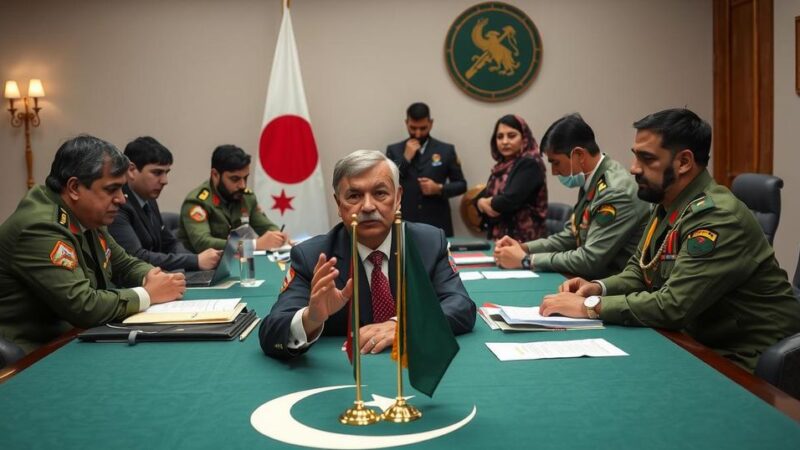Brazil has become the second BRICS country, following India, to reject China’s Belt and Road Initiative (BRI). Special adviser Celso Amorim emphasized that Brazil will seek collaborative opportunities with China outside of a formal agreement. The decision highlights Brazil’s focus on its own developmental priorities amidst concerns about potential complications with US relations.
Brazil has recently opted not to participate in China’s multi-billion-dollar Belt and Road Initiative (BRI), becoming the second BRICS nation to reject this influential project, following India’s earlier decision. This development represents a significant challenge for China’s ambitious infrastructure initiative. According to Celso Amorim, special presidential adviser for international affairs, Brazil seeks to explore alternative avenues for collaboration with Chinese investors, emphasizing a desire to elevate the relationship with China without formally entering into an accession agreement. Amorim stated, “We are not entering into a treaty,” highlighting Brazil’s position against viewing Chinese infrastructure and trade projects as a form of insurance. He expressed intentions to leverage aspects of the BRI framework to foster synergy between Brazil’s infrastructure priorities and investment funds associated with the initiative, albeit explicitly without formal alignment with the BRI. Amorim further clarified that Brazil’s refusal stems from its own prioritized projects, which may or may not align with Chinese interests. This decision comes in advance of Chinese President Xi Jinping’s planned state visit to Brazil on November 20. Brazilian officials from both the economy and foreign affairs ministries have expressed concerns that participation in the BRI could complicate relations with a potential Donald Trump administration in the United States and have indicated that the BRI may not yield immediate benefits for Brazil.
The Belt and Road Initiative (BRI), launched by China, aims to enhance global trade and infrastructure connectivity through massive investment in various countries. The initiative has been met with varying degrees of acceptance worldwide, with notable rejections from key nations like India and now Brazil. The BRICS group, comprising Brazil, Russia, India, China, and South Africa, reflects a coalition of emerging economies with diverse political and economic agendas. Brazil’s decision is indicative of broader geopolitical strategies as nations assess their own development priorities while considering relations with China and the United States.
In conclusion, Brazil’s decision to forgo participation in China’s Belt and Road Initiative underscores a nuanced approach to international collaboration, prioritizing national interests and individual infrastructure projects. This choice signifies a critical stance on geopolitical alignments and reflects the evolving dynamics within the BRICS bloc, particularly in relation to influential global players such as China and the United States.
Original Source: www.livemint.com







